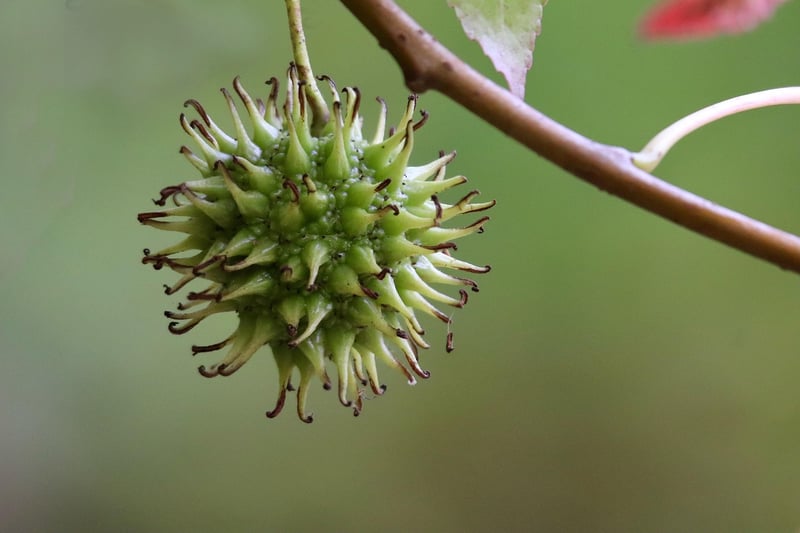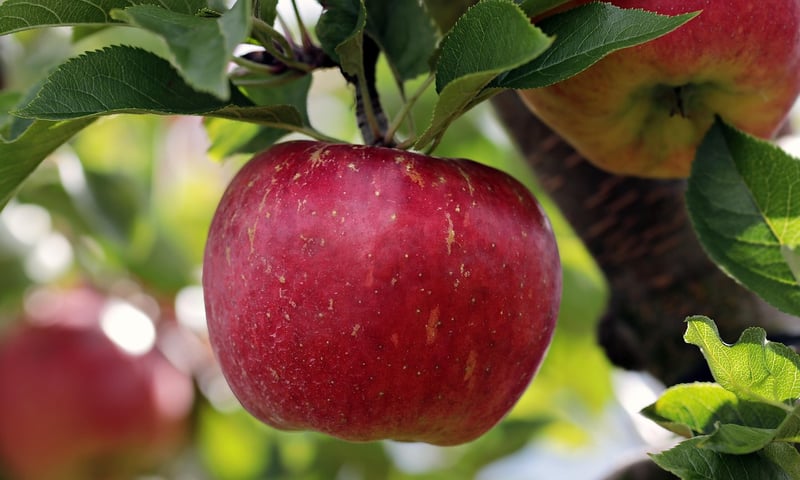Fruit Trees
Cultivating Food-Producing Plants and Fruit Trees
Are you looking to create your own mini orchard or a vegetable garden? Cultivating food-producing plants and fruit trees can be a rewarding and sustainable way to enhance your garden and provide a fresh supply of fruits and vegetables. Whether you have a large backyard or a small balcony, there are options to suit every space and skill level.
Benefits of Growing Food-Producing Plants
Growing your own food has numerous benefits, including:
- Access to fresh, organic produce
- Reduction of carbon footprint by sourcing food locally
- Cost savings compared to buying from stores
- Opportunity to connect with nature and learn new skills
Types of Food-Producing Plants
When planning your garden, consider incorporating a variety of food-producing plants such as:
- Vegetables like tomatoes, lettuce, peppers, and carrots
- Herbs including basil, mint, rosemary, and cilantro
- Fruit-bearing plants like strawberries, blueberries, and raspberries
Growing Fruit Trees
Fruit trees are a beautiful addition to any garden and can provide a bountiful harvest with the right care. Some popular fruit trees to consider planting include:
- Apple trees
- Pear trees
- Cherry trees
- Peach trees
- Plum trees
When selecting fruit trees, make sure to choose varieties that are well-suited to your climate and soil conditions. Proper planting, watering, and pruning are essential for the healthy growth of fruit trees.
Get Started on Your Food-Producing Garden
Ready to start cultivating your own food-producing plants and fruit trees? Begin by researching the best plants for your location and climate. Consider factors such as sunlight, water requirements, and soil quality. Start small if you're new to gardening and gradually expand your garden as you gain more experience.
Remember to enjoy the process and celebrate the fruits of your labor as you watch your garden thrive and produce delicious, homegrown food!

Image source: Pixabay
